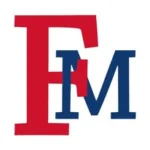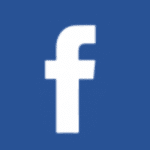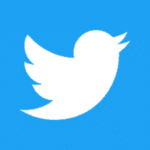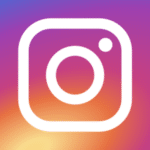May 7, 2024
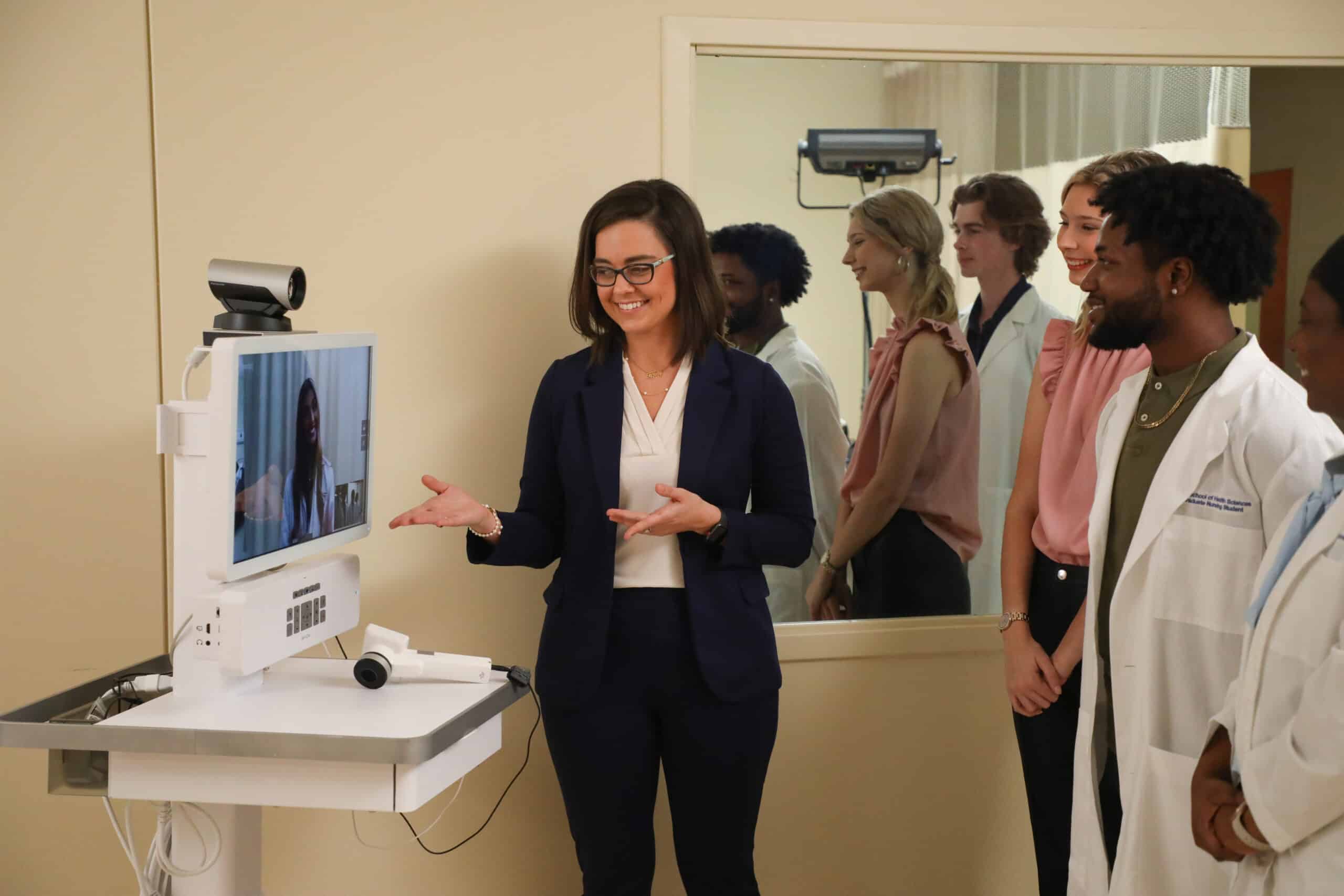
The Maine Idea
The Maine Idea
By Tucker Mitchell | Spring/Summer 2024 | FMU Focus Magazine Spring/Summer 2024
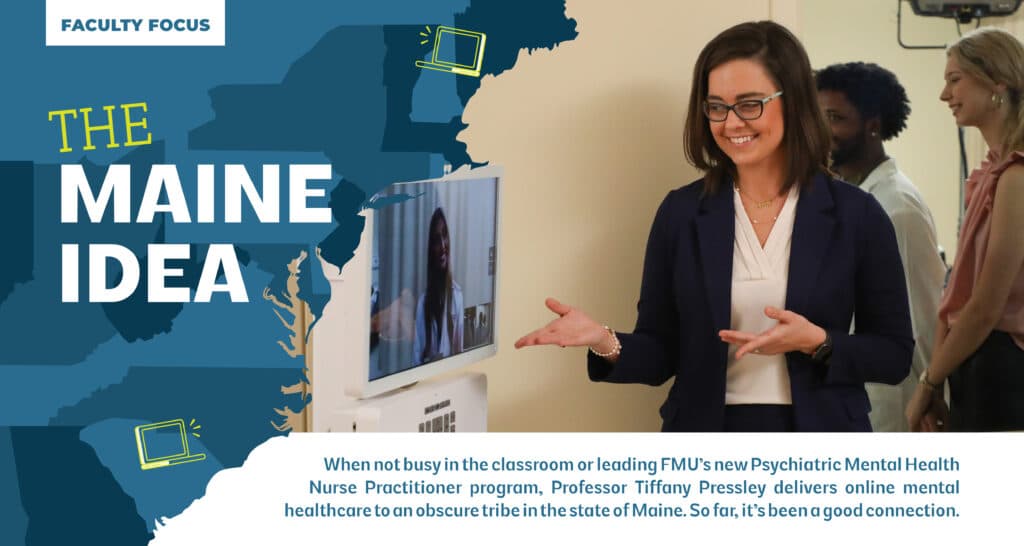
When not busy in the classroom or leading FMU’s new Psychiatric Mental Health Nurse Practitioner program, Professor Tiffany Pressley delivers online mental healthcare to an obscure tribe in the state of Maine. So far, it’s been a good connection.
In the rapidly changing world of modern healthcare, frontline providers find themselves wearing all kinds of hats.
Few wear more unique ones than Dr. Tiffany Pressley, coordinator of the MSN/Psychiatric Mental Health Nurse Practitioner track at Francis Marion University.
Pressley is a full-time faculty member at FMU, where she leads one of the university’s newest advanced practice degree programs while teaching in both the undergraduate and graduate nursing programs.
And then, every Monday and Friday she spends 4-5 hours delivering mental health services remotely to members of the Passamaquoddy Tribe in northeastern Maine.
“It’s an unusual combination to be sure,” says Pressley.
Pressley has about 200 patients. She tries to visit the clinics she serves in person once a year, but obviously, most of her work is done online.
Pressley came to FMU in the summer of 2020. She’s been handling tele-medicine duties at two separate Passamaquoddy health centers serving two different tribal reserves since the end of that year.
Pressley says juggling tasks can be challenging, but the rewards, both professionally and personally, make it worthwhile. Her tele-medicine work has allowed her to continue her professional practice in a new direction and that has also enriched her teaching in unexpected ways.
Yes, Pressley can now share first-hand experience regarding all the challenges associated with practicing medicine in a different culture some 1,200 miles away. Internet connections don’t work perfectly all the time and some patients do find online health confusing. But she’s also gained new insights into patient relations and practitioner self-care as well.
“I’ve learned a lot in several different areas, but they all connect,” says Pressley. “For instance, I have Native American patients. So you have to learn, culturally, how best to understand and cater to their belief system, which is not something with which I’m familiar. All that ties into professional etiquette in general, and how to engage over a screen, which, of course, is different than engaging in person. How do you preface the sessions? How do you make it comfortable?”
Pressley says she thought being an outsider in the world — worse still, an outsider dropping out of the sky via video screen — would be very challenging. In fact, her out-of-the-community positioning has been a benefit. The communities her patients come from are so small, so insular, that sharing and communicating about personal problems is often difficult.
“In the past, there were some trust issues, some concerns about confidentiality — it was just such a small space, a small community, and most of the employees were part of the group,” says Pressley. “Me being an outsider, several steps removed, actually has been beneficial. I’m viewed as a truly unbiased third party.
“Technology is a big struggle,” says Pressley. “Obviously, weather up there, snowing, harsh conditions, but even other so-called normal times, the signal can be affected, which means problems with how well I’m able to see and be seen. So it’s good to have been involved in that. I can definitely speak from some experience on that with my students, all of whom will likely work this way at some point. My best tip is that you have to build all the relationships you can, because when the signal goes out, you have to be able to call someone there to get it fixed. It may be on a satellite, but it may be the antenna on the side of the building. You have to have those boots on the ground.”
Pressley says her best tip overall is for practitioners to be aware of, and monitor, their own health.
“We are generally drawn to this field because we care so much,” says Pressley. “It’s easy to get pulled too far in. You have to be aware.”
Pressley says that while every practitioner coming into the field now will likely use video calling technology at some point to deliver services, she thinks that will be even more true for students at FMU.
“Our mission is to prepare students to work in the area, to stay here,” says Pressley. “There are similarities. This is a rural area once you get outside of Florence. Telehealth is already a big deal here. I don’t see that changing.”
